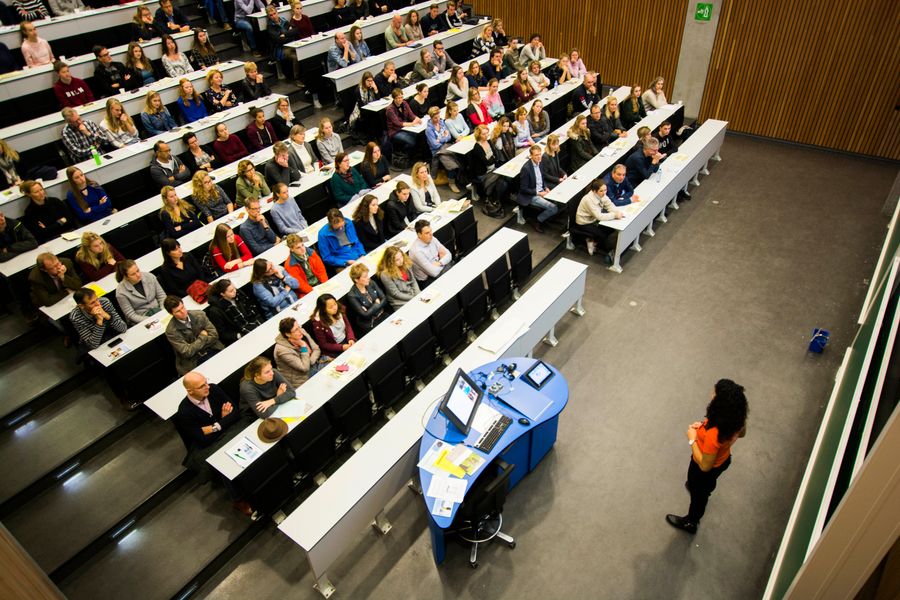Communications officer for study choice counsellors Daniëlle Vogels made a guide for prospective students. Not to provide them with an airtight guarantee that they are making the right choice but to help them feel more self-confident in making that choice.
‘I encounter a lot of young people who doubt whether they have chosen the right study programme. It is a significant decision, and that can cause some tension because it impacts what the rest of your life will look like. It is not that you determine the rest of your life with a single decision, but it does set you off in a particular direction. This guide provides you with practical steps to let go of your doubts.’
Vogels emphasises that it is not a “how to make the correct choice” manual. ‘There is no way of knowing whether something is the best choice or not because you never know what your life would have been like if you made a different choice. I see the guide as a toolbox providing tools to help you make a strong decision when needed.’
Percolating
One of the challenges prospective students face is the sheer number of different programmes from which to choose. Hence, the first tip is about orientation. Making lists of what you want (and ranking these demands) can also help you make a better choice. And ‘feelings’ also play a part. ‘If all options seem equally sensible, choose that which feels best, because that is apparently what you want most. Be aware, however, that your feelings don’t misguide you, and take the optimal “percolating time” into account.’
Vogels believes the tips provided in the guide can also benefit others, for example, prospective students’ parents wanting to help their children or students who are considering switching to a different programme. ‘But also people wanting to switch careers or facing a difficult choice in their relationship or life. The guide’s tone may focus on youngsters, but I believe the tips can benefit everyone.’

 Screenshot of the study guide.
Screenshot of the study guide. 
